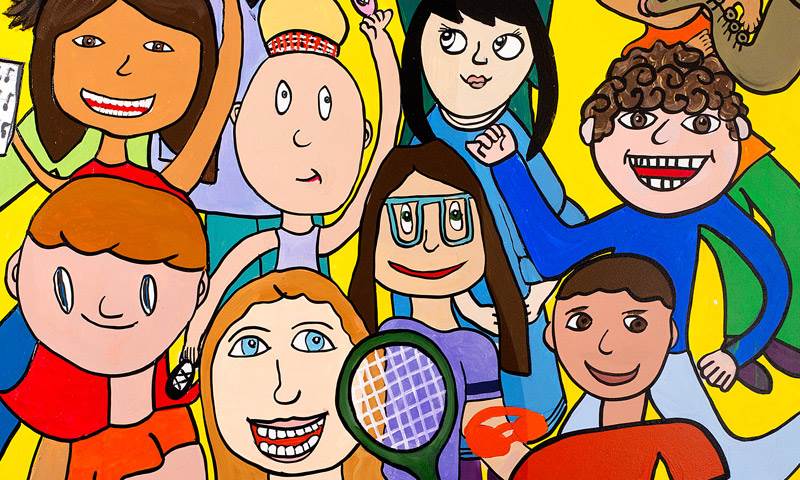Our website uses Cookies - by using this site or closing this message you're agreeing to our Terms & Conditions, Cookie Policy and Privacy Policy
xNew research explores what it means to be a girl growing up in Scotland
Date: 29th October 2019
Category:

The Girls in Scotland study highlights the ongoing impact of gender inequalities on girls’ everyday lives, as well as the range of challenges and demands they are facing. Over 500 girls and young women aged 7-25 contributed to the survey.
The research shows that a notable majority of girls and young women (8 in 10) feel they are treated differently because they are female. The findings also exhibit a decline in girls’ confidence, wellbeing and happiness as girls get older.
Other key findings include:
- 61% of girls aged 7-11 strongly agree that they can do anything a boy can do, but this drops to 45% for girls aged 12-17 and 39% for girls aged 18-25
- 46% of girls say they would have more freedom to go out by themselves if they were a boy
- most of the girls had a positive experience of school overall, but 64% say they feel pressured to succeed at school
- 9 in 10 girls said they’d like to see the achievements of women better represented in their school’s curriculum
- 62% of girls say they want to be a leader in their chosen job, but 45% thought this would be harder as they are female
- 86% of girls say they expect to split childcare and housework equally with their partner but 71% say they worry about balancing career and family life.
- 83% of girls say they wouldn’t work for a company that pays female employees less than men
- 90% said they learn or learnt little or nothing about online pornography and 84% said they learn or learnt little or nothing about gender equality
- mental illness appears common among girls aged 13-25 with 77% saying they know a girl their age who has experienced depression, while 63% saying they know a girl who has experienced self-harm
- one in three girls has been harassed while out and about in her community.
